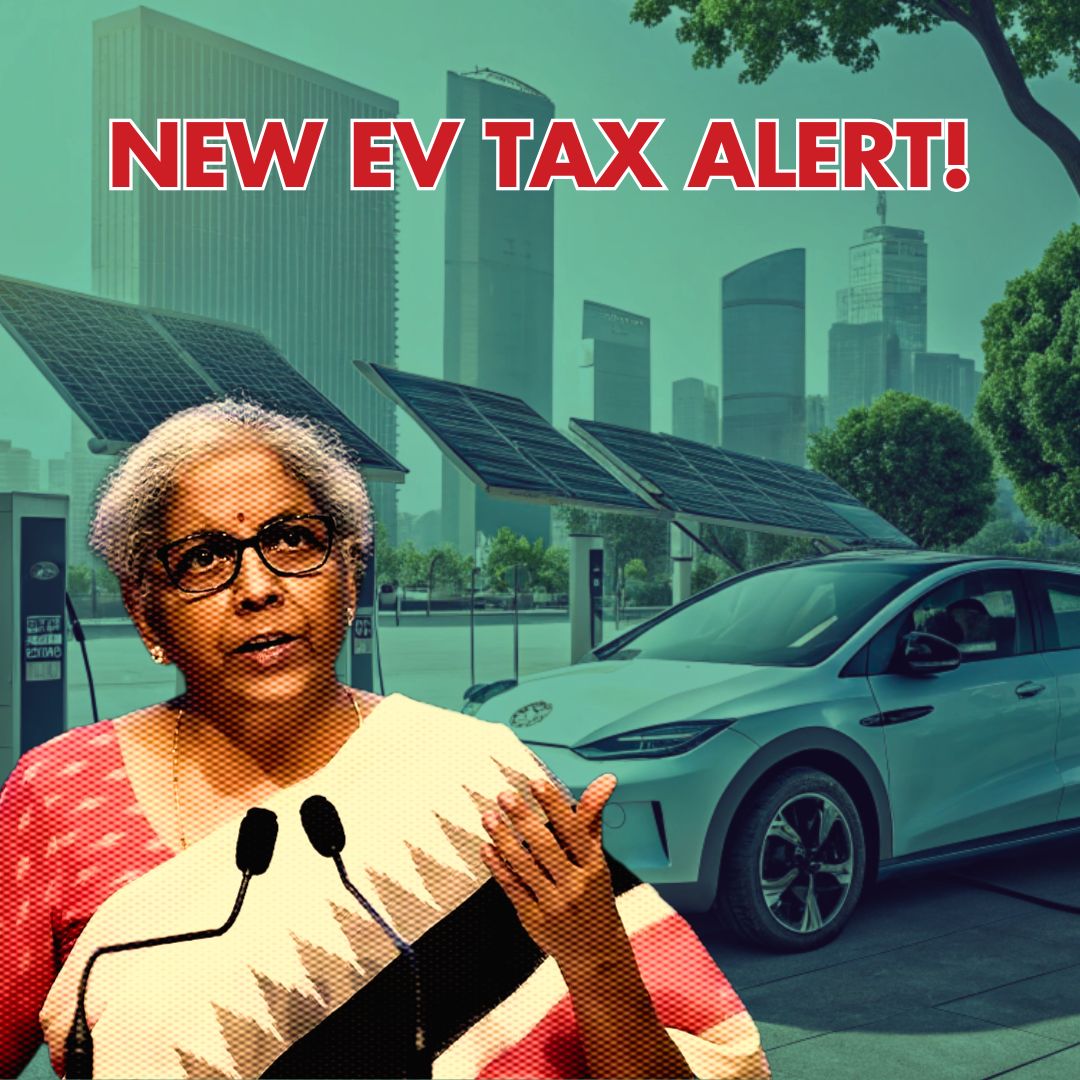The GST Council’s recent decision to impose an 18% Goods and Services Tax (GST) on the margin value of used electric vehicles (EVs) sold by businesses has caused significant confusion among consumers and industry stakeholders. Finance Minister Nirmala Sitharaman’s comments suggested that individuals selling their cars would also be subject to this tax, leading to widespread concern. However, the tax will only apply to business transactions, leaving individual sellers exempt. Critics, including opposition leaders, argue that this change disproportionately affects middle-class families and could hinder the growth of the second-hand EV market.
Clarification on Taxation of Used EVs
At the recent GST Council meeting, Finance Minister Nirmala Sitharaman confirmed that the new 18% GST rate applies solely to businesses involved in the resale of used vehicles. The tax is levied only on the profit margin—the difference between the purchase price and selling price—meaning individual sellers remain unaffected. For example, if a dealer buys a used EV for ₹9 lakh and sells it for ₹10 lakh, the GST would apply only to the ₹1 lakh profit margin. This clarification aims to align the taxation of used EVs with petrol and diesel vehicles, which are already taxed at 18%.
Concerns Over Second-Hand EV Market
The increase in GST for used EVs has raised alarms within the second-hand vehicle market. Stakeholders worry that higher taxes on dealer margins could deter potential buyers, making used EVs less appealing compared to new models that enjoy a lower GST rate of 5% designed to encourage adoption. Critics argue that this tax structure could stifle growth in the EV sector, which is crucial for India’s environmental goals and reducing reliance on fossil fuels. As businesses face rising operational costs due to increased taxes on parts and services, the overall impact on pricing could further complicate sales dynamics in the second-hand market.
Political Reactions and Public Sentiment
Opposition leaders have reacted strongly against the GST Council’s decision. Many have accused the central government of prioritising wealthy businesses over middle-class citizens, stating that such policies crush the aspirations of ordinary people. This backlash highlights a growing discontent among the public regarding taxation policies perceived as inequitable.
The Logical Indian’s Perspective
The situation highlights the importance of clear communication from policymakers regarding tax regulations that impact citizens’ finances. While standardizing tax rates across vehicle types may be necessary for consistency, it is important to consider the potential effects on different groups of people. A balanced approach to taxation is needed to ensure that the changes do not unintentionally burden those with fewer resources.
How can policymakers design taxation systems that balance fairness for all consumers while promoting sustainable transportation solutions? Engaging in constructive dialogue about fair taxation practices can help create a more inclusive economy.











